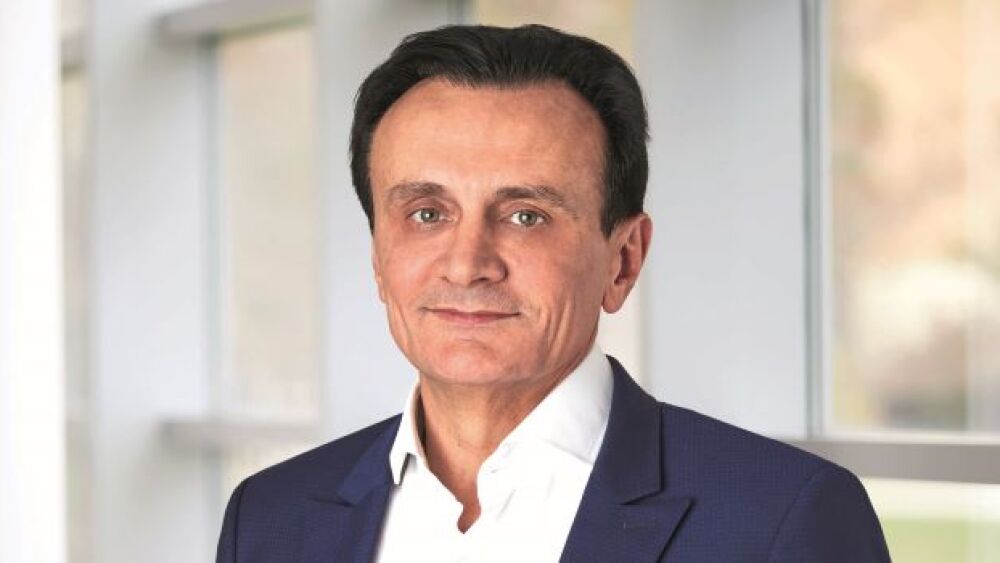On Sunday, Reuters reported the U.K. pharma giant sold off its 7.7% stake in the company for more than $1 billion.
AstraZeneca CEO Pascal Soriot. (AstraZeneca)
Over the past year, Shares of Moderna have exploded, nearly quintupling in value as the company leaped to the forefront of the pharmaceutical industry to successfully develop one of the first COVID-19 vaccines. And AstraZeneca, which has its own vaccine in use, is profiting from those stock gains.
On Sunday, Reuters reported the U.K. pharma giant sold off its 7.7% stake in the company for more than $1 billion. It is unknown when exactly AstraZeneca divested its Moderna stake, but the report suggested it was in the fourth quarter of 2020.
The Times of London was the first to report the divestiture of the stock. According to The Times, AstraZeneca was the second-largest stakeholder in Cambridge, Mass.-based Moderna. The report suggested AstraZeneca secured about $1.2 billion in total for the sale of the stock.
The Times said the funds will likely be used to bolster its own war chest as it continues to develop new assets and also pay off its $39 billion acquisition of Alexion Pharmaceuticals announced in December. That deal positioned AstraZeneca in the rare diseases market.
Despite its sale of Moderna stock, AstraZeneca and the U.S.-based company will continue to partner on the development of messenger RNA (mRNA) therapeutic candidates for the treatment of a range of cancers, as well as for cardiovascular, metabolic and renal diseases. The two companies first paired up in 2013, when AstraZeneca invested $240 million into the company with an option for another $180 million in milestone payments. The two companies expanded their collaboration in 2016, which included another $140 million investment from AstraZeneca.
Neither AstraZeneca nor Moderna commented on the stock sale, Reuters said.
AstraZeneca isn’t the only company to divest its holdings in Moderna. In December, Merck also sold off its stake in the company. Merck first invested $50 million in Moderna in 2015 and made an additional $125 million investment in the company in 2018. The investments reflected a research collaboration between the two companies, which included the development of a personalized cancer vaccine that take advantage of Moderna’s mRNA vaccine technology to encode a patient’s specific neoantigens, which are unique mutations present in that specific patient’s tumor. That collaboration continues, but Merck is stepping back and taking a more indirect role with Moderna through its investment in venture funds, the company said.
Shares of Moderna will begin trading this morning at $154.81. One year ago, the company’s stock was trading at $27.49 per share.





